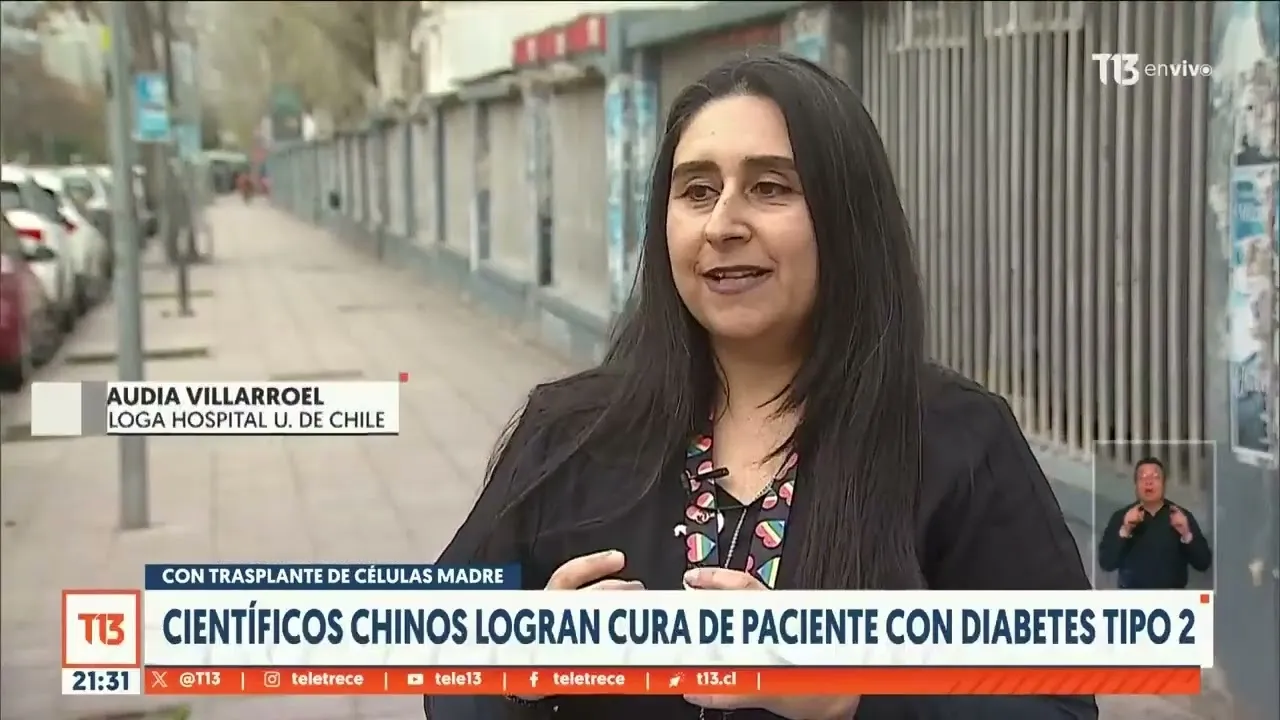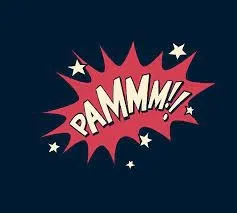An investigation carried out by the University of Beijing, in China, has made a patient with type 1 diabetes capable of producing insulin for itself three months after receiving a rescheduled stem cell transplant.This achievement is seen very cautiously from the endocrinology service of the Bellvitge Hospital, stating that "all international experiments have manifested themselves at a great prudence because it is only a case and comes from China, a country that has legislationof development of much more lax clinical trials and less demanding than in the West. "
After knowing the news Manuel Pérez, head of the Endocrinology Service of the Bellvitge Hospital, states in medical writing that "methodologically the investigations carried out in China generate many doubts. Other advances have been announced there that later in Europe or in the United Statesconfirm.
In this line, Pérez goes further and clarifies that type 1 diabetes is a disease that is characterized by "the autoimmune destruction of the beta cells of the pancreas, which are those that produce insulin."Because of this, the patient "can only be treated for the moment with insulin and there is no easy healing." Despite this, the specialist does affirm that "we have healing in cases of people who make a pancreas transplant.What happens is that any transplant, either of pancreatic islets or either whole pancreas, needs for life immunosuppressive treatment for rejection. "
Pérez: "Other health advances in China have been announced that later in Europe or the United States are not confirmed"
This strategy is not usually used since, in Pérez's words, "it is much worse to receive the immunosuppressive treatment than to receive insulin. Because of this, the focus of the current research is to be able to make a transplant, whether pancreas orbe insulin producing cells without immunosuppression. "
Despite this, Cristóbal Morales, endocrinologist, member of the Spanish Diabetes Society and Member of the Spanish Society of Obesity, an argument that it is "good news" the healing of diabetes in this patient since "opens the doorsto invest in many more resources to investigate and perform phase 2 clinical trials and phase 3 with greater number of patients. "
In this way, it will be possible to "demonstrate the safety and effectiveness of this type of cell therapy, this transplant of autologous humans" since, for now, it is a "phase 1 still open study."
the barriers to convert cells from another tissue into pancreatic
The method used in Beijing University's research isthat work as metapancreatic cells. ”The researcher confirms that this test "has already been carried out in animal models and works, but in humans there are a number of barriers and immune issues."
The specialist catalogs the success achieved by research as "anecdotal" because "when the cells of another tissue become pancreatic cells, pancreatic cells are not exactly. Then, it is unknown if this will remain effective when one or two years passes, so you should closely follow the evolution of this patient and it is not clear that healing will be a permanent thing. "Because, from the biological point of view, we are still in diapers in this regard. ”
Get to getPatients with diabetes 1 managed to produce insulin by themselves would be for the endocrinologist "an extraordinary change. The problem of patients with type 1 diabetes is that they do not produce it, which has to administer it exogenously, as a drug.The patient's life with type 1 diabetes is a life quite subject to the disease, so achieving a healing in this sense would be a tremendous milestone of Nobel Prize. "
immunosuppressive therapy, a determining factor
The healing of type 1 diabetes occurs, according to Morales, because with the patient's own transplant "an extraction of mesenchymal fatty tissue is made and, in the laboratory, those cells, chemically, differ in pluripotential stem cells, in thepancreatic lot, and then implant in anterior straight and produce insulin again. "
The expert points out that autoimmune therapy can play a determining role since "this patient had a liver transplant" and, therefore, had this factor."In any transplant, to avoid rejection, immunosuppressive therapy is used so that the immune system does not attack the Beta Beta Cell of insulin," Morales said.
Therefore, the question that Morales is asked is whether "that autologous cell transplant, which are cells of the patient, worked and treated in the laboratory to differentiate them in stem cells producing insulin, would have less rejection or if that immunosuppressive therapy would be necessaryso that the body itself does not attack it again by restarting a type 1 diabetes.
Source: Link insulin--9826





